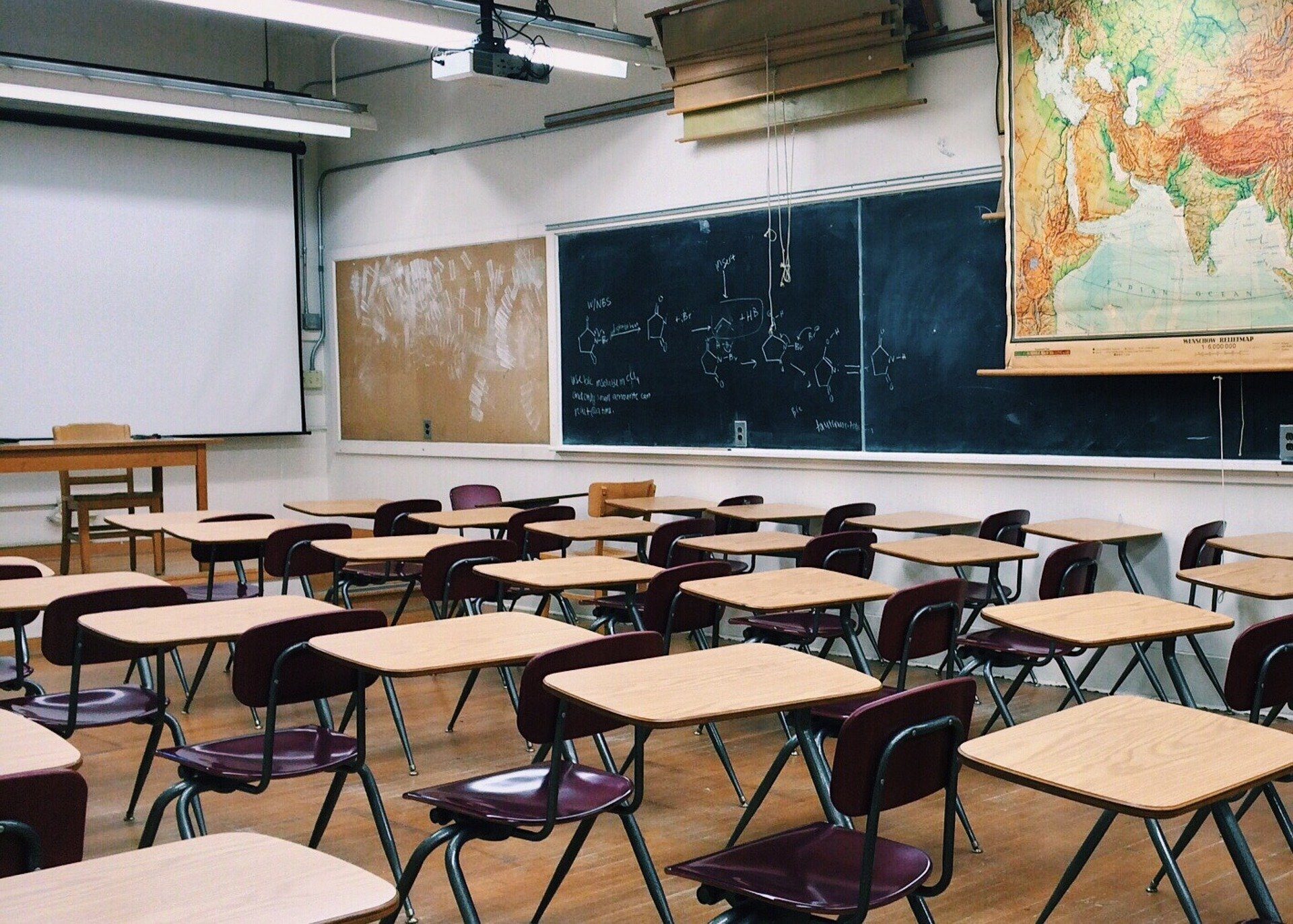It has been four years since the first International Day to Protect Education from Attack was launched.
Qatar’s proposal for a preventive action plan to strengthen the protection of education from attacks has been approved by the executive board of the United Nations Educational, Scientific and Cultural Organization (UNESCO).
The adopted decision also suggests updating the records of attacks on education by incorporating the contributions provided by member states and relevant UN agencies.
The decision emphasised the necessity of implementing crucial measures to safeguard educational facilities, students, teachers, and all those involved in education from attacks. Additionally, it underscored the importance of sustaining education amidst armed conflict.
The decision commends the recent Safe Schools Declaration (SSD), endorsed by UNESCO member states on September 9, coinciding with the International Day to Protect Education from Attack. It also lauds the establishment of this crucial day, ratified by the UN General Assembly in New York.
It also highlights adherence to UN Security Council Resolution No. 2601, adopted in 2021, which stresses the significance of shielding education from attacks.
The resolution recognises the fundamental right to education and its pivotal role in fostering peace and security.
It has been four years since the first International Day to Protect Education from Attack was launched.
In recognition of this basic human right, the UN General Assembly unanimously passed resolution 74/275 on May 28, 2020, to establish September 9 as the International Day to Protect Education from Attack.
Chairperson of Education Above All (EAA) and a member of the UN Sustainable Development Goals Advocates Group, Sheikha Moza bint Nasser, led the initiative to mobilise international support to ensure accountability for the ongoing attacks on education and armed violence against children around the world.
Qatar in education
The Qatari efforts culminated in the recognition of 9 September as the International Day to Protect Education from Attack.
“Under all these [international] laws, attacking education, attacking the right to education, it’s a crime. I’m not asking for too much, I’m asking that everyone should act or make a difference according to what he can and his means,” Sheikha Moza told CNBC in 2022.
One of Qatar’s most prominent recent demonstrations of its commitment to ensuring universal access to fundamental rights is its continued support for education in Afghanistan.
Within months after the Taliban’s return to power in 2021, the interim administration tightened their restrictions on the daily life of females through various repressive policies, including the ban on women and girls from education.
In its dedication to safeguarding the right to education, Qatar welcomed the ‘Afghan Dreamers,’ an all-girls robotics team, shortly after the Taliban assumed control, as a part of its support efforts.
In the past year, Doha initiated the Qatar Afghan Scholarship Project (QASP), which received support from EAA and the Qatar Fund for Development (QFFD).
This launch signalled the beginning of the 2022-2023 academic year, during which QASP provided full scholarships to 250 Afghan students, enabling them to attend over 40 colleges and universities across the United States, in at least 17 different states.
Meanwhile, the Palestinian cause has long been at the heart of Qatar’s foreign policy, with the Gulf state repeatedly slamming the Israeli occupation of Palestine and its grave human rights violations against the indigenous population.
In 2009, EAA established the Al Fakhoora programme following the deadly Israeli war on Gaza, in which more than 1,000 Palestinians, mostly civilians, were killed and thousands of buildings were destroyed.
The programme rebuilt educational facilities destroyed by the Israeli attacks while providing children and youth with much-needed psycho-social support following the traumatic event.
To date, the programme has provided 1,238 higher education and empowerment scholarships to Palestinians in the besieged Gaza Strip and occupied West Bank.
As part of its efforts to further empower women and girls through the education sector, Qatar launched the Women in Conflict Zones (WICZ) initiative in September 2022 under the presence of the Gulf state’s Minister of State for International Cooperation at the Ministry of Foreign Affairs Lolwah Al Khater.







